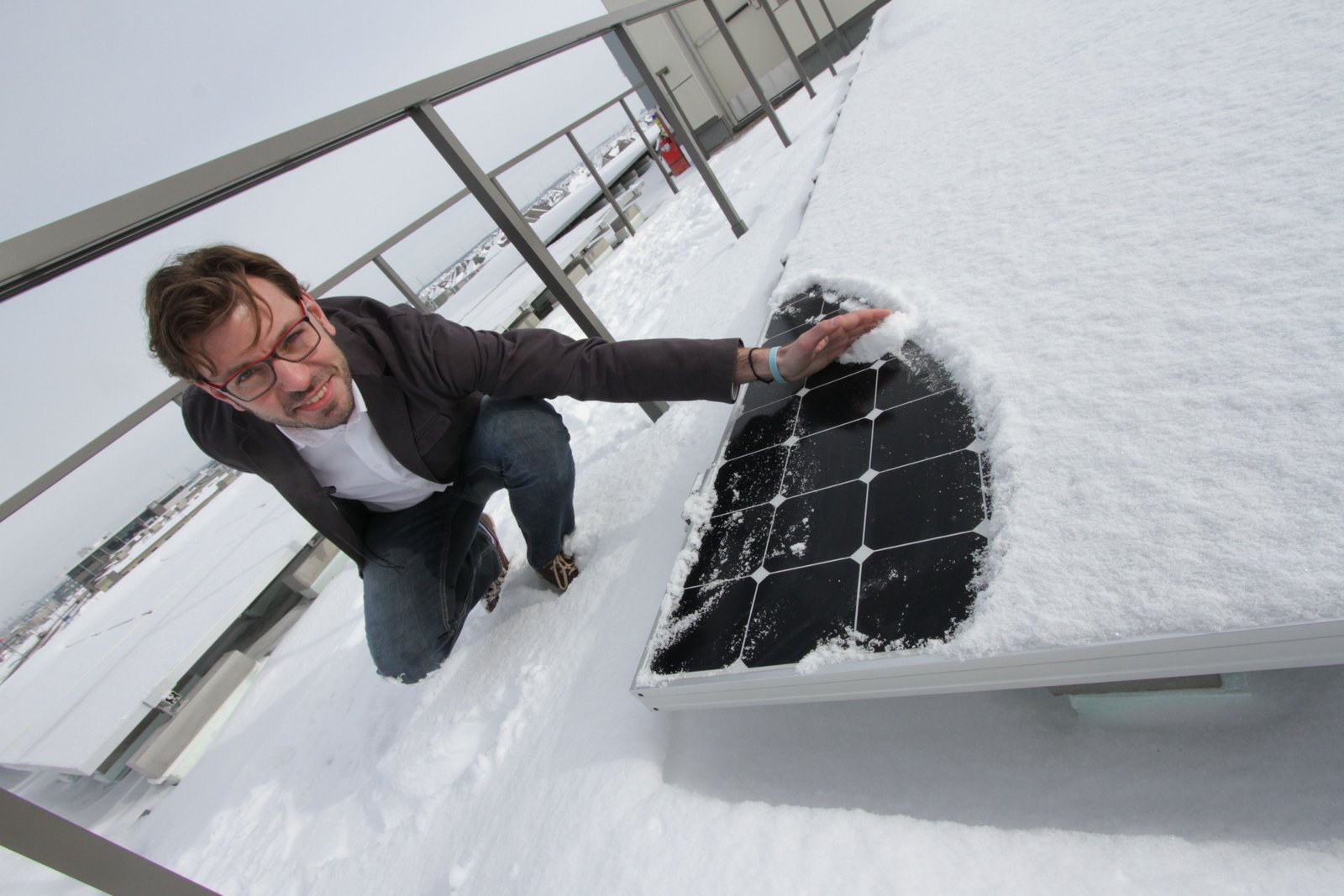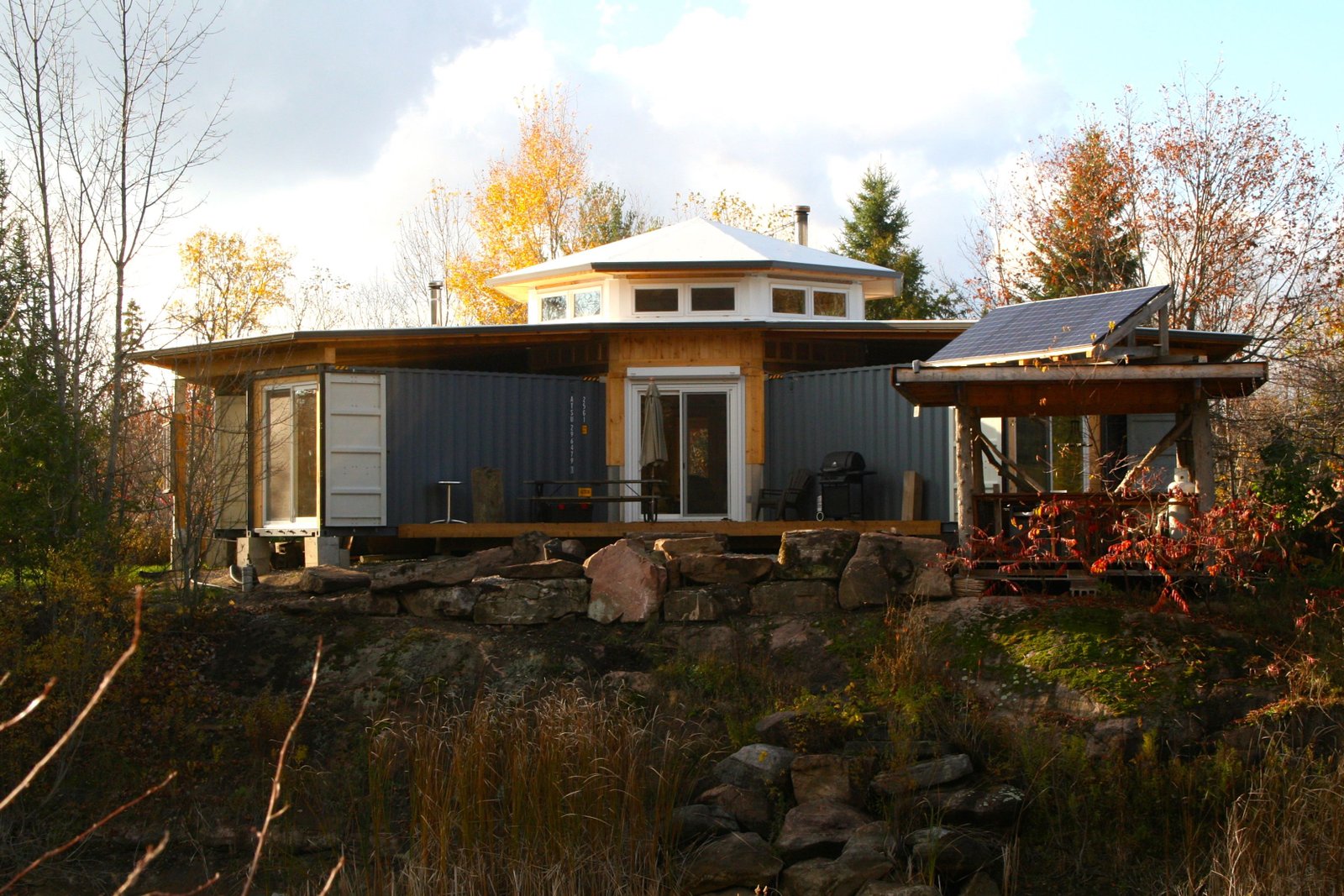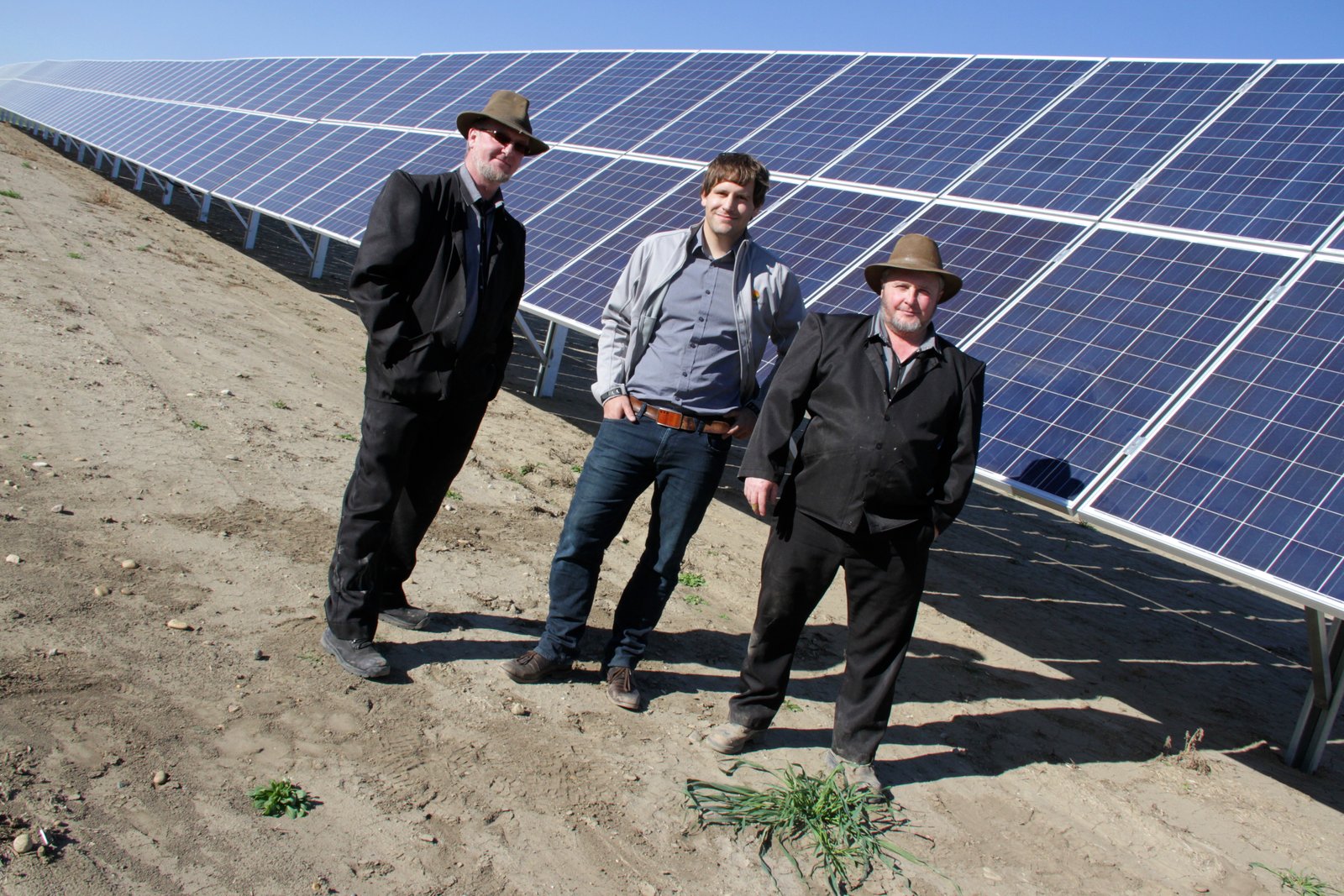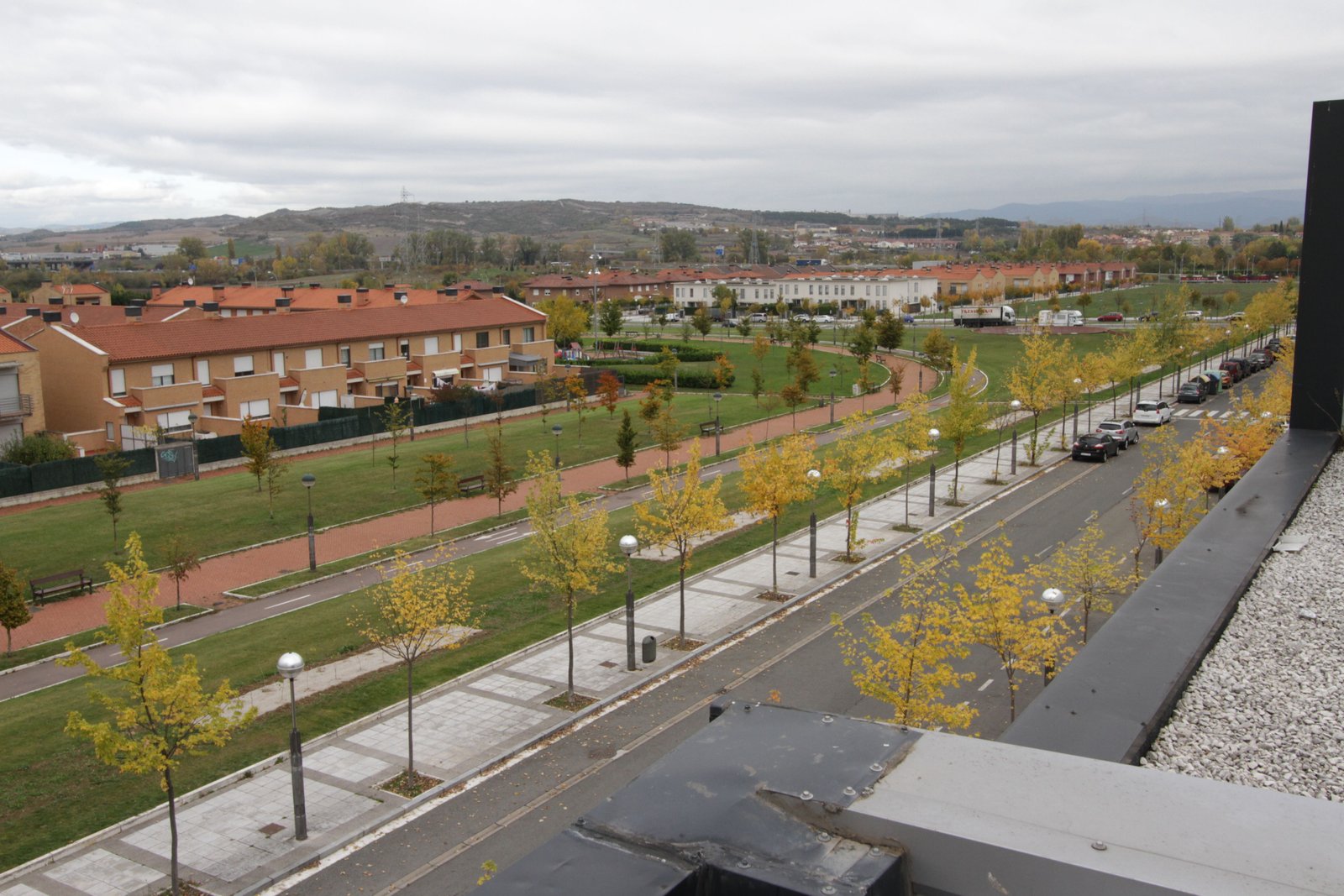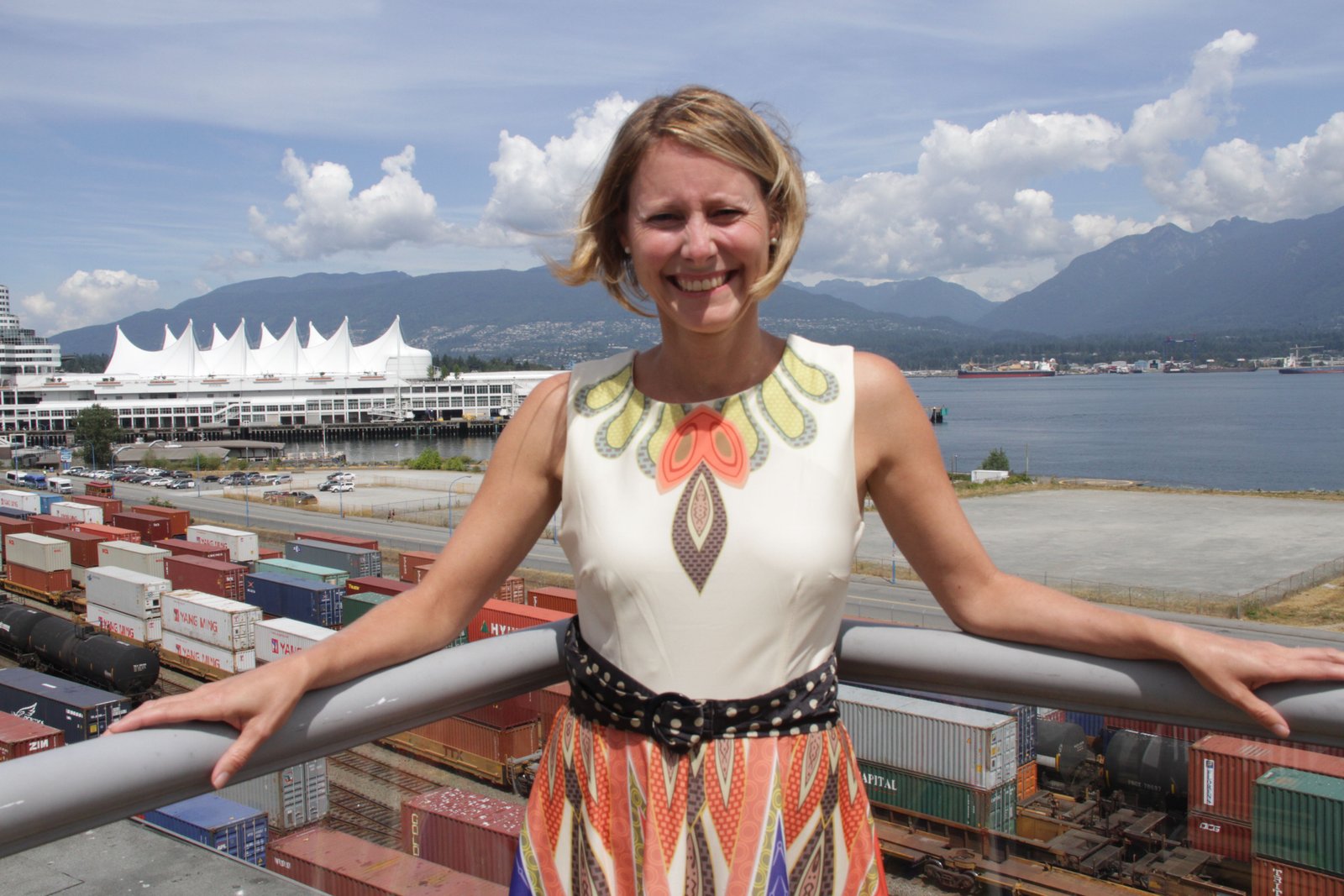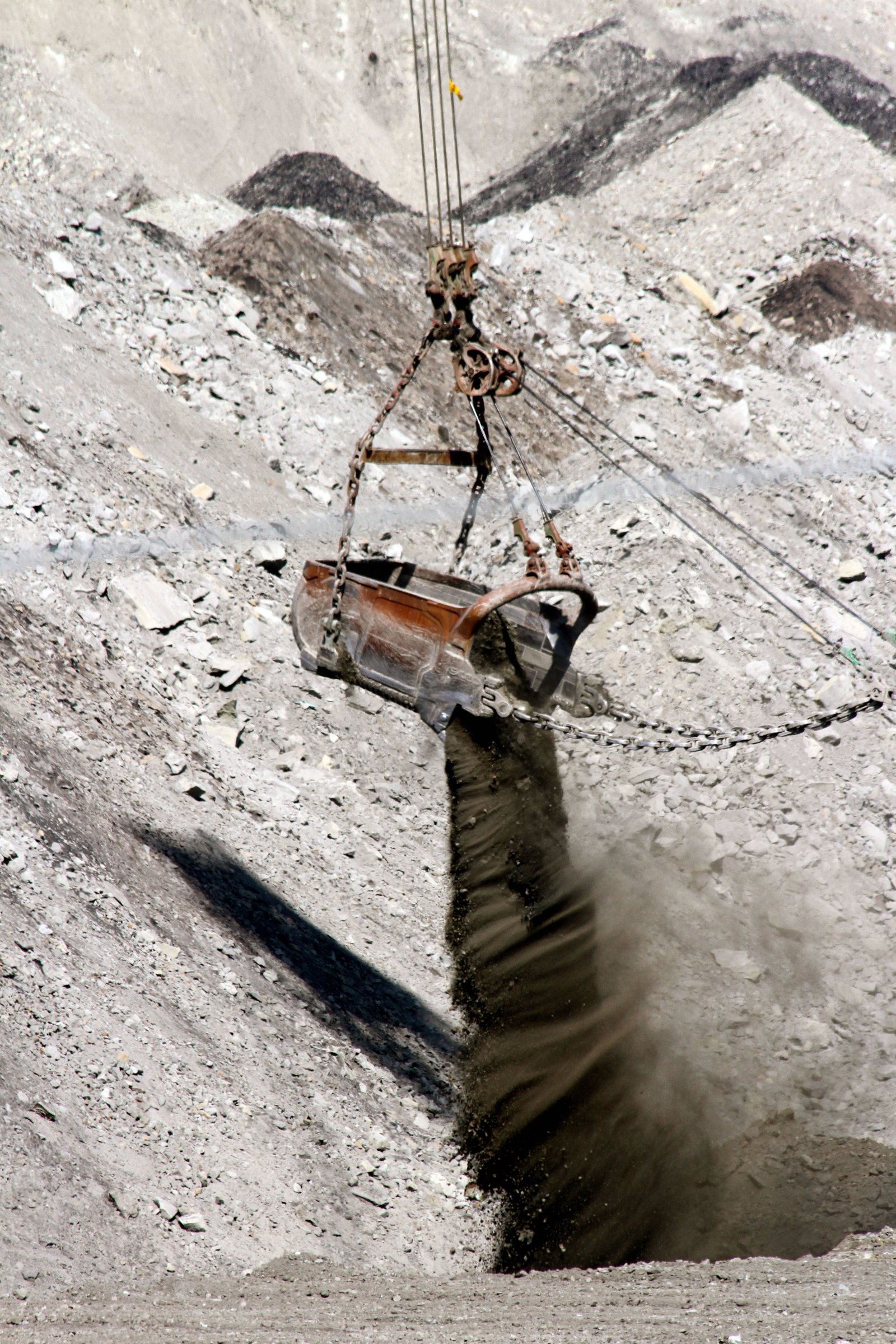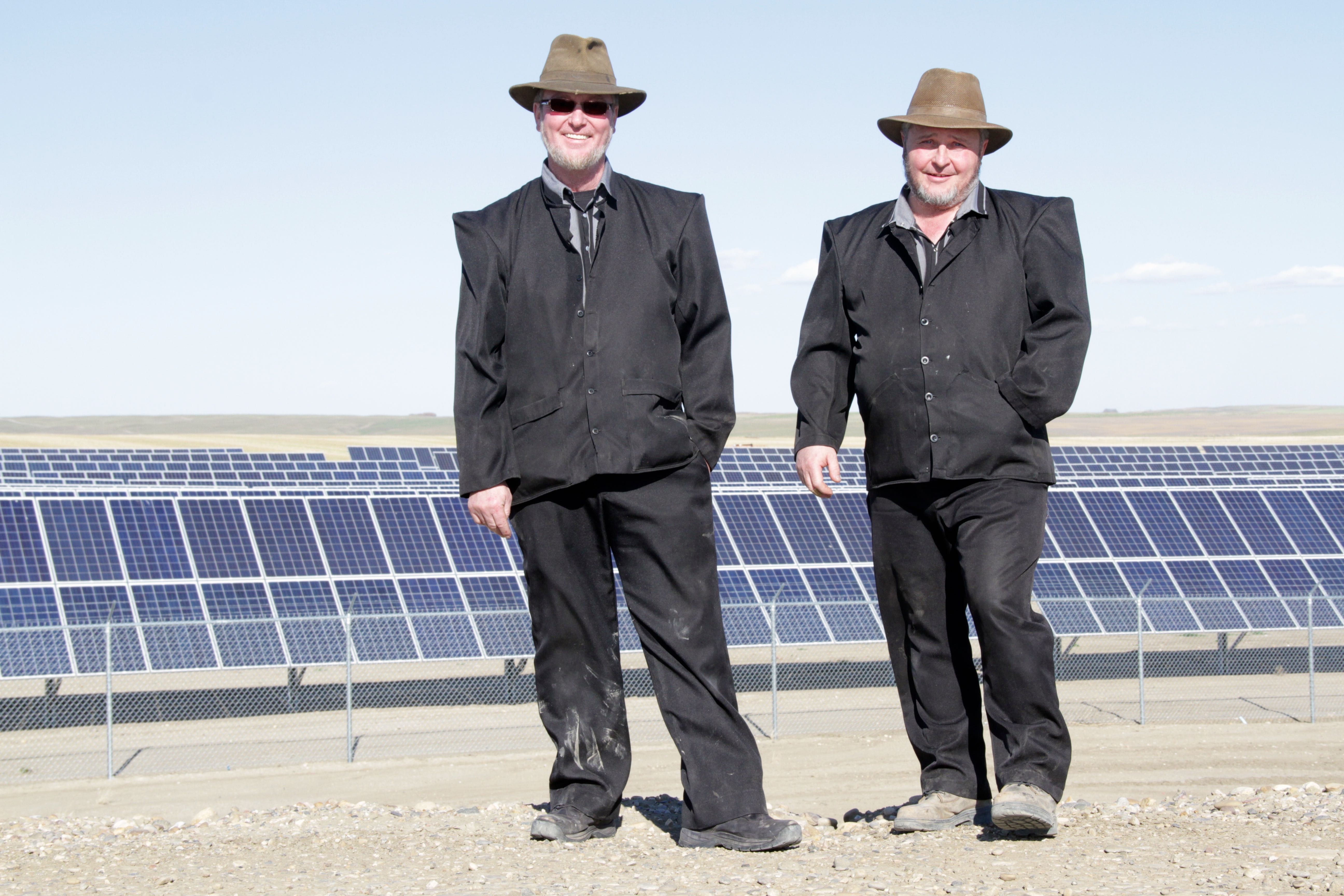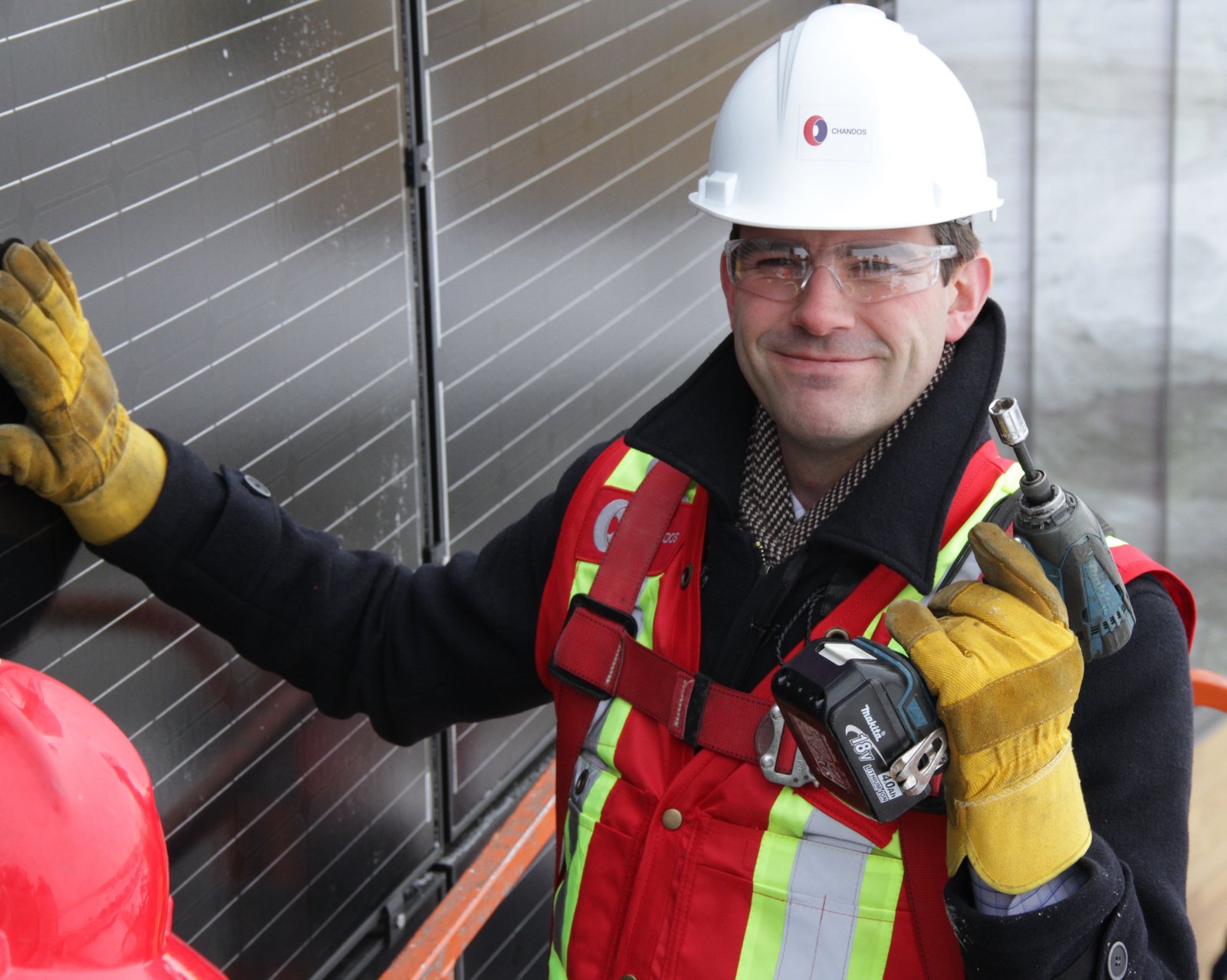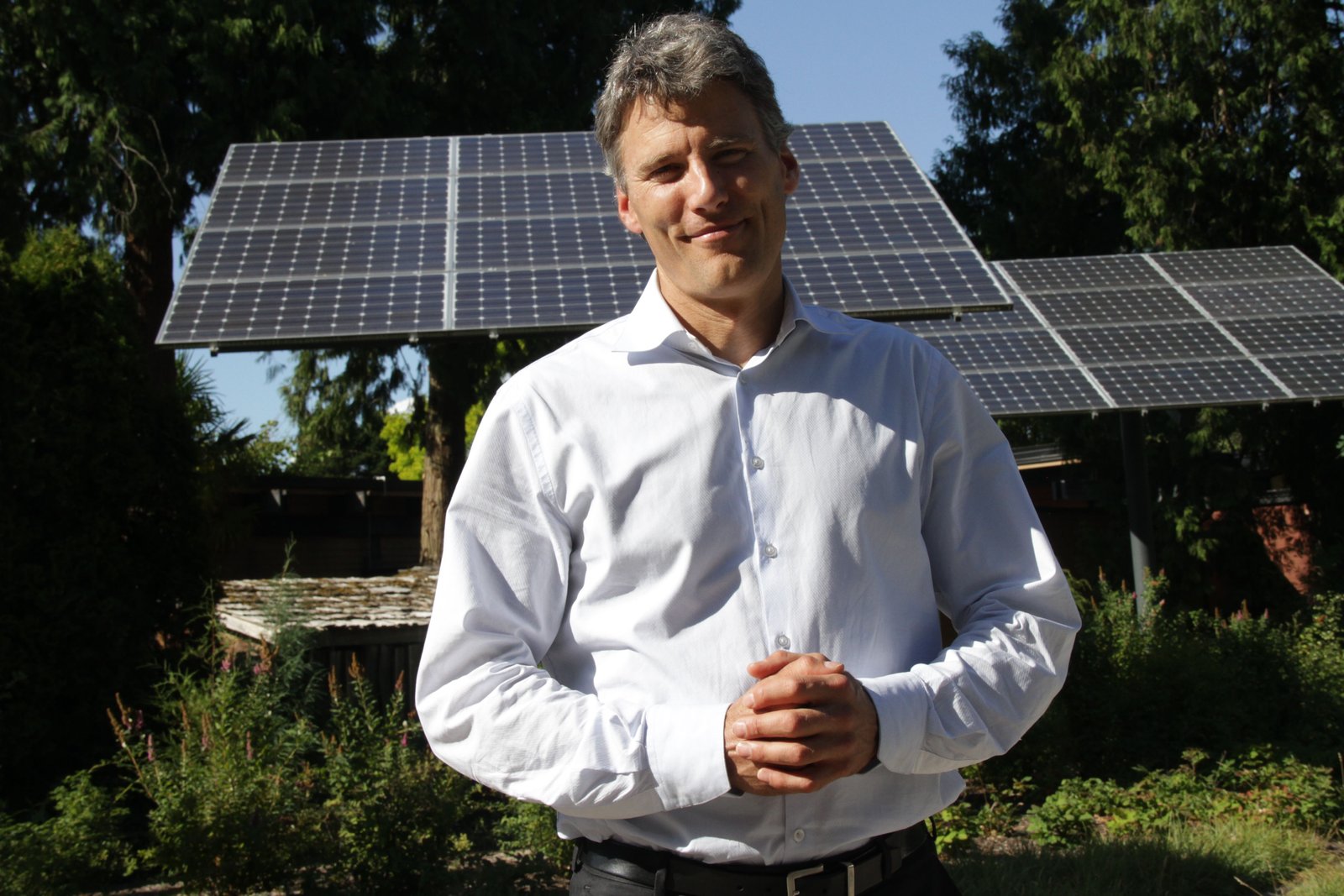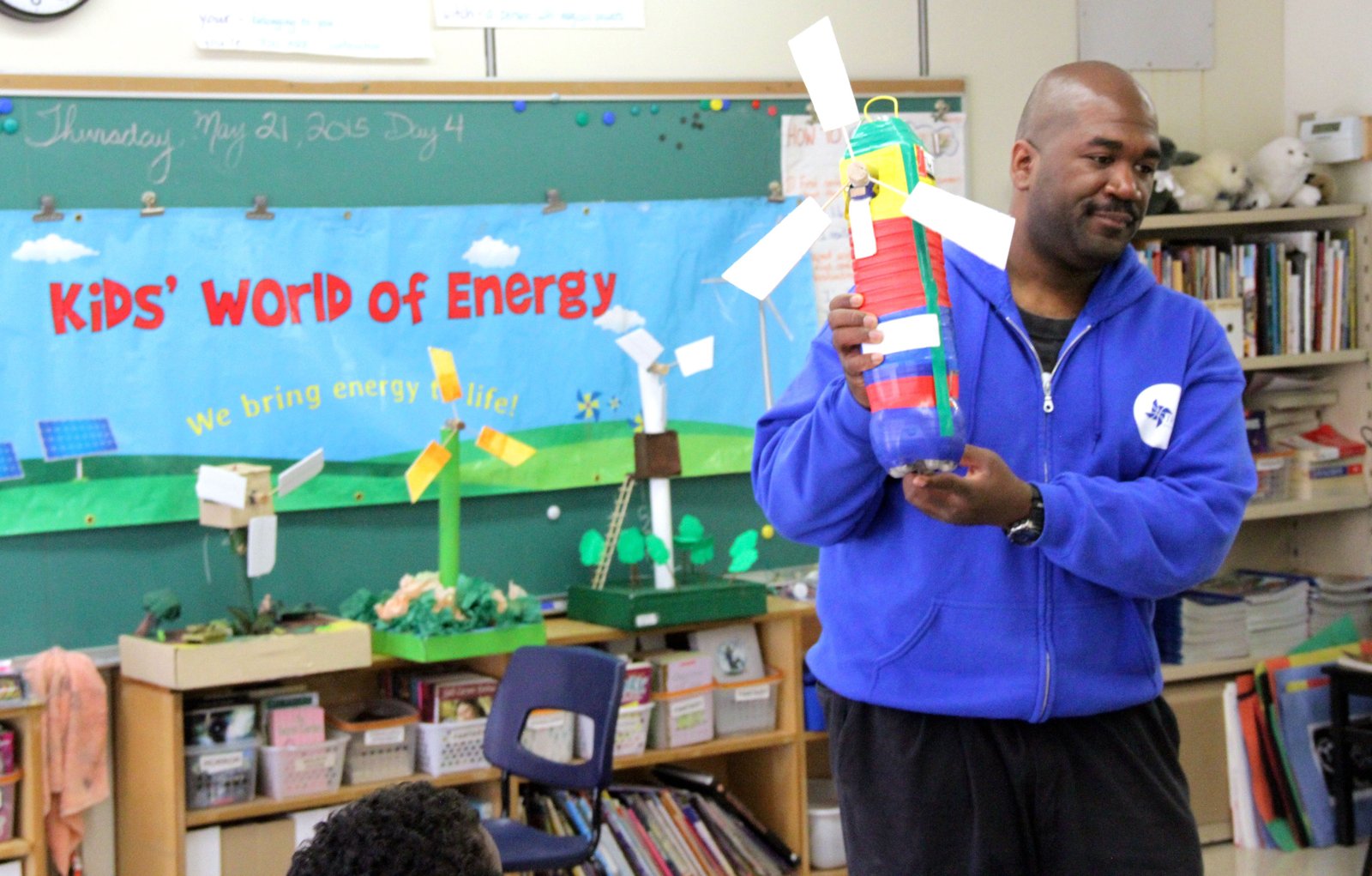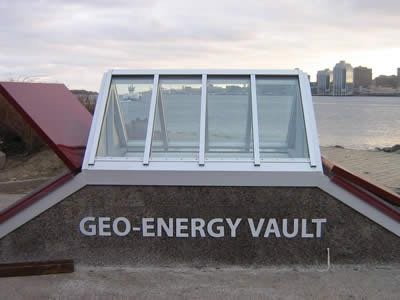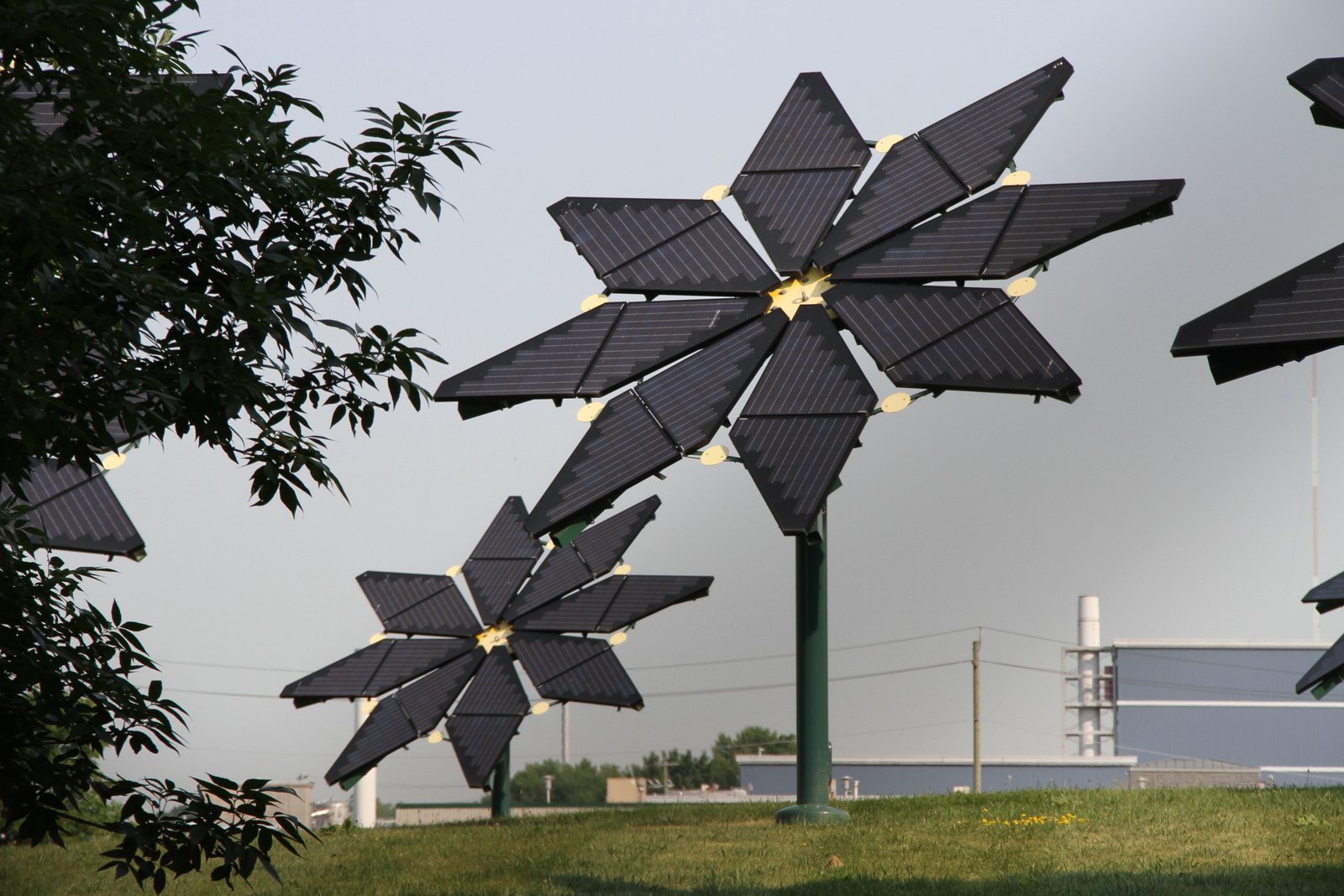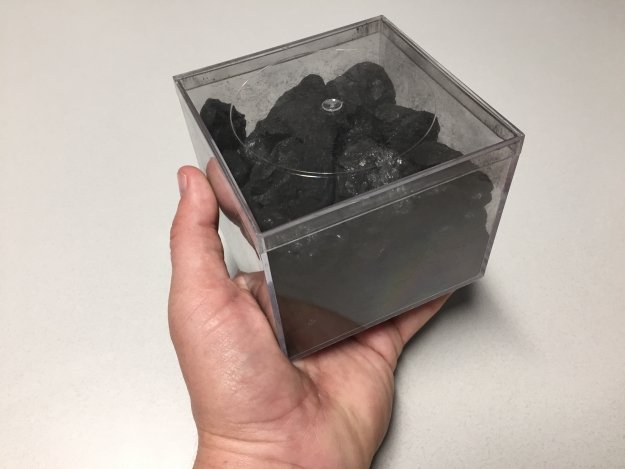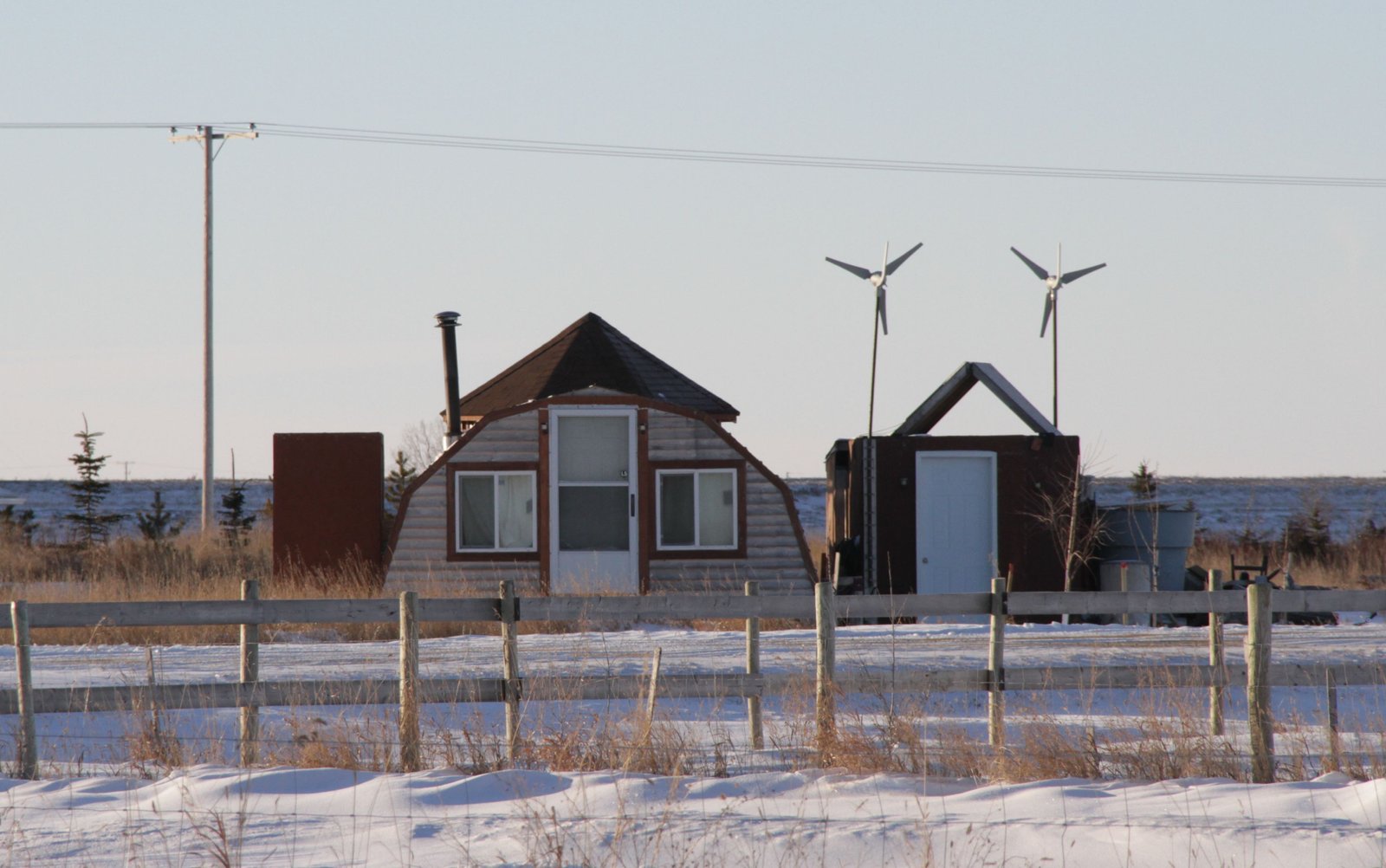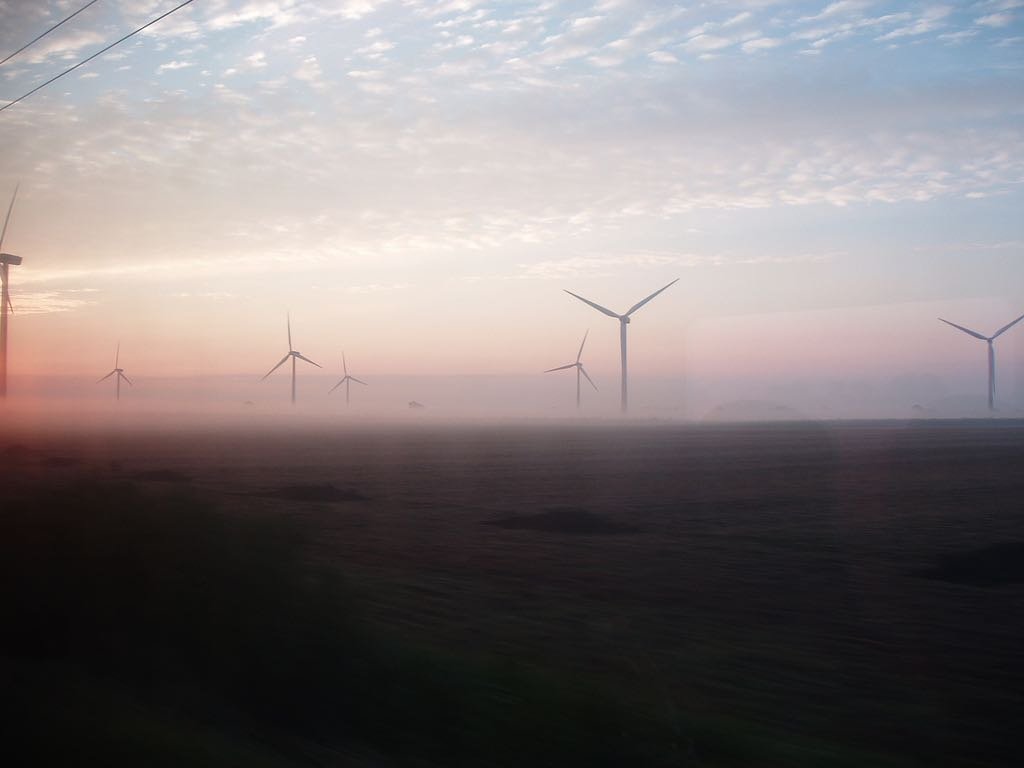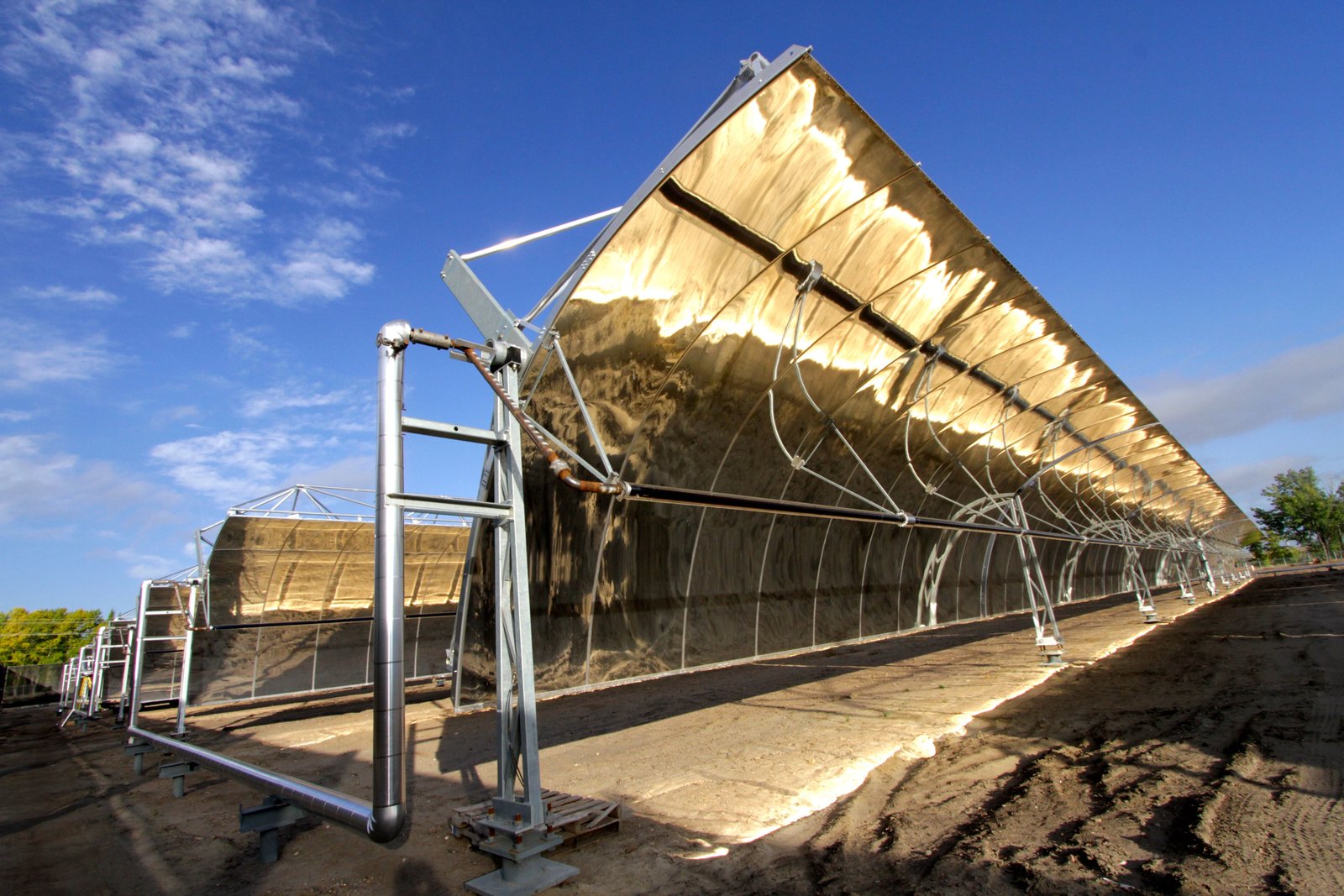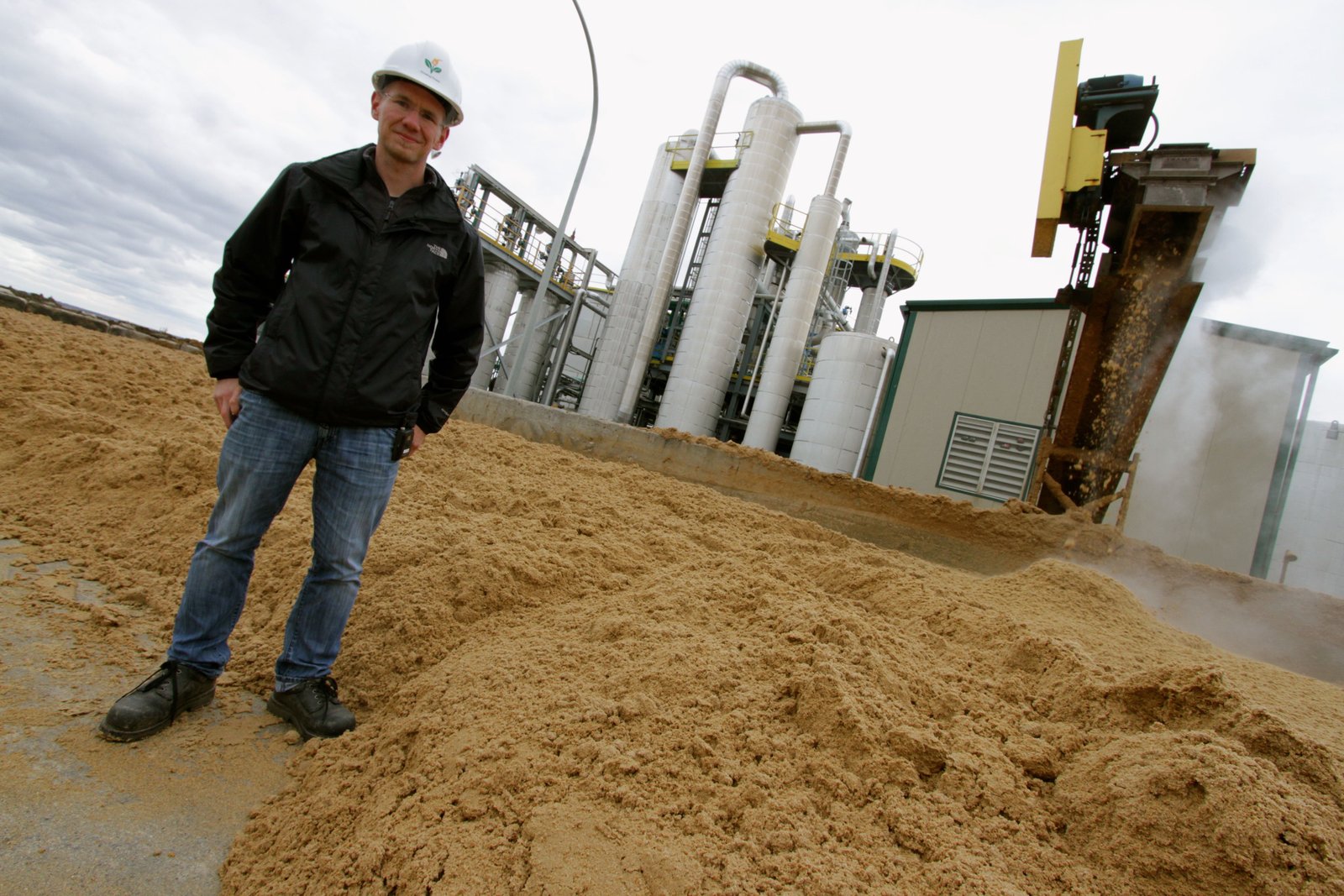By David Dodge & Dylan Thompson In Greek mythology, Icarus, while escaping Crete wearing homemade …
133. A whirlwind tour of wind energy myths
By David Dodge & Dylan Thompson It seems to happen with every new technology. It …
130. Green Energy Futures: Our favourite stories from 2015 from net-zero to sea container cabin
By David Dodge & Dylan Thompson The year 2015 may well go down as the …
129. Green Energy: The highlights of 2015
By David Dodge & Dylan Thompson No question, 2015 will be remembered as a banner …
128. Vitoria-Gasteiz: Spain’s green capital is made for walking
By David Dodge & Dylan Thompson Change is hard. Green energy enthusiasts talk a lot …
127. Renewable energy jobs a big growth sector
By David Dodge & Dylan Thompson By any metric, the renewable energy sector is a …
125. Coal phase out case study: What Alberta can learn from Washington State
Renewable energy made up half of all the new power plants constructed in the world …
124. Green Acres, Hutterites invest in solar to run the farm and more
By David Dodge & Dylan Thompson You’ve seen them before, though they don’t tend to …
123. Mayor Don Iveson on Edmonton’s landmark Energy Transition Strategy
By David Dodge & Dylan Thompson Climate change is often portrayed as this giant, fuzzy, …
120. Vancouver to go 100 per cent renewable
By David Dodge and Duncan Kinney It may have left everyone not from Vancouver green …
119. Students capture the wind with TREC Environmental Education in Ontario
By David Dodge and Duncan Kinney Tomorrow’s renewable energy leaders don’t just spring from the …
118. Cochrane students install solar and get new town policy permitting renewable energy
By David Dodge and Duncan Kinney There’s a quote from cultural anthropologist Margaret Mead that …
117. Sustainability snapshots: How Halifax, Tallinn, Hannover and Ottawa are learning from each other to make their cities more sustainable
By David Dodge and Duncan Kinney If you’ve hung around some of the wackier, more …
111. Ontario: Canada’s energy transition success – the untold story
By David Dodge and Duncan Kinney When you look at Ontario’s greenhouse gas reductions you …
102. Everything you wanted to know about a kilowatt-hour but were afraid to ask
By David Dodge and Duncan Kinney We’re very lucky here at Green Energy Futures to …
99. Craik, Saskatchewan: The little Eco-Village that could
By David Dodge and Duncan Kinney About ten years ago the town of Craik, Saskatchewan, …
94. Energiewende: Addressing the myths of Germany’s energy transition
By David Dodge and Duncan Kinney Energiewende – pronounced phonetically as “en-er-gee-ven-da,” is the German …
92. Our favourite Green Energy Futures stories of 2014
By David Dodge and Duncan Kinney We had another amazing year at Green Energy Futures. …
88. Canada’s first concentrated solar thermal plant
By David Dodge and Duncan Kinney More than three years ago Ted Clugston was showing …
84. Integrated bio-refinery
By David Dodge and Duncan Kinney Alberta is known for its beef – or more …
